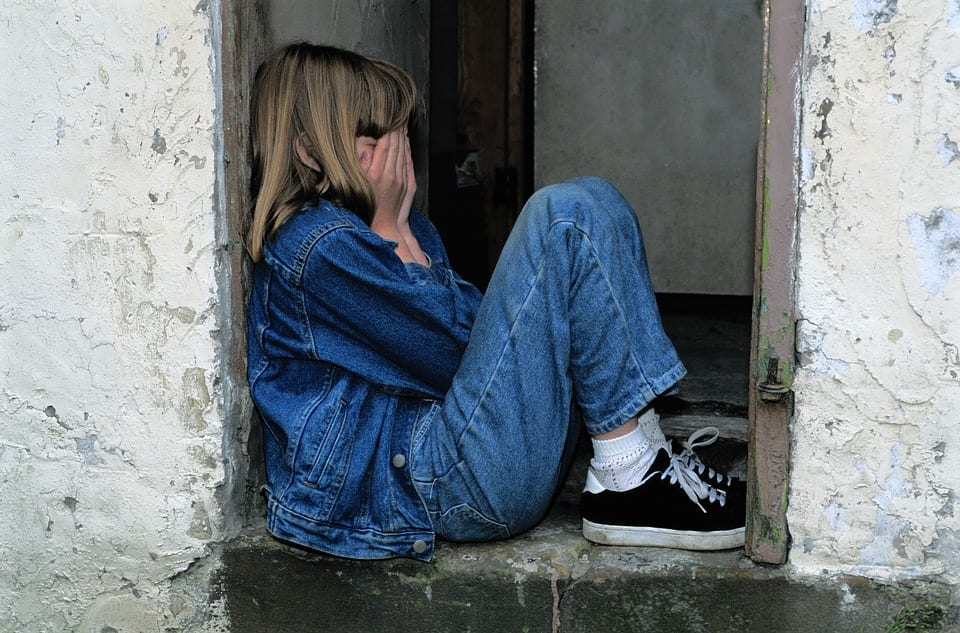Kids learning manners and social skills not taught at home 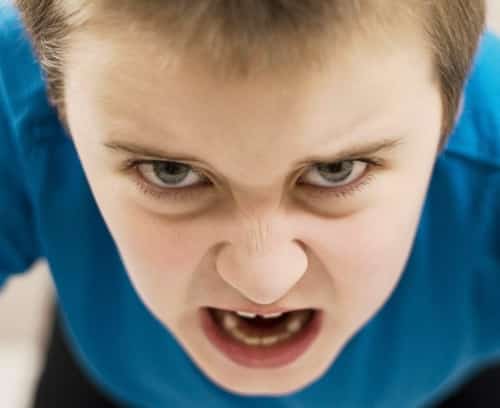 The Bay District Schools in Panama City, Florida have a PreK-12 student membership of 27,784 across 47 schools. The majority of students in the district come from homes on the lower end of the income scale, with nearly 57 percent of students qualifying for free and reduced lunch. It’s an environment where there are many social and emotional needs to be addressed.
The Bay District Schools in Panama City, Florida have a PreK-12 student membership of 27,784 across 47 schools. The majority of students in the district come from homes on the lower end of the income scale, with nearly 57 percent of students qualifying for free and reduced lunch. It’s an environment where there are many social and emotional needs to be addressed.
Interestingly, the Bay District’s data suggests between grades K through 5, the overwhelming majority of disciplinary issues originate from kindergarten. Sarah Whaler, the Coordinator for Student Placement Options for the district, shares how previously there were expectations that kids would already be versed in “please” and “thank you” and have at least a rudimentary understanding of sharing and communication skills by the time they entered kindergarten. “The kids are lacking that now,” she adds. “It’s something that we have to carve some time out into our educational day. It takes a lot of extra time, space, and patience to teach the kids the basic social and emotional skills.”
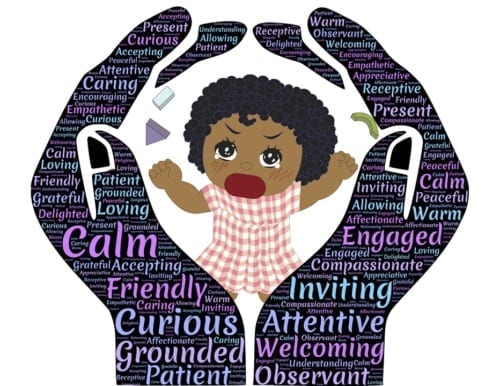 Kara Mulkusky, the MTSS Instructional Specialist at Bay City Schools, takes it a step further. She sees an urgency in teaching kids the social and emotional skills needed to succeed far into their futures. “What are we doing to teach those students on a school-wide level,” she asks? “What are our expectations that we want our students to learn? How are we modeling those expectations for our students? And what are we doing to make sure that those positive behaviors are reinforced appropriately so that they’re maintained throughout life?”
Kara Mulkusky, the MTSS Instructional Specialist at Bay City Schools, takes it a step further. She sees an urgency in teaching kids the social and emotional skills needed to succeed far into their futures. “What are we doing to teach those students on a school-wide level,” she asks? “What are our expectations that we want our students to learn? How are we modeling those expectations for our students? And what are we doing to make sure that those positive behaviors are reinforced appropriately so that they’re maintained throughout life?”
MTSS (Multi-tiered System of Support) is designed to change the way schools support students with learning and behavior problems by systematically delivering a range of interventions based on demonstrated levels of need. Sarah and Kara see lots of discipline problems on a daily basis. They both believe in the restorative discipline approach, using the offending behaviors as a learning and healing tool for both the victim and the perpetrator. The old punitive approach of long-term suspensions left no room for healing or growth, and rarely left anything but resentment and unresolved anger in its wake.
 Using restorative discipline, they ask students with behavioral issues, what happened? Why did it happen? What were you thinking? How can we fix it? They follow what they’ve termed the “R cubed factor” which represents recover, reflect, and return. Sarah adds, “The most critical factor is the second ‘R’ which is to reflect. It’s the reflection piece that includes all five restorative questions ending with ‘What can we do to repair the harm that’s been done? What can I do to make things right?’”
Using restorative discipline, they ask students with behavioral issues, what happened? Why did it happen? What were you thinking? How can we fix it? They follow what they’ve termed the “R cubed factor” which represents recover, reflect, and return. Sarah adds, “The most critical factor is the second ‘R’ which is to reflect. It’s the reflection piece that includes all five restorative questions ending with ‘What can we do to repair the harm that’s been done? What can I do to make things right?’”
Sarah and Kara mention wanting to find a program that brought continuity, viability, and affordability. Suite 360 from Evolution Labs with the ISS360 content library of content for restorative justice not only came within budget but worked very effectively with the social and emotional component. It proved an intricate and viable part of the PROMISE Program. “If we can make this work and help spread this to other districts, it would be the most we could ask for,” Sarah says.
About Sarah Whaler:
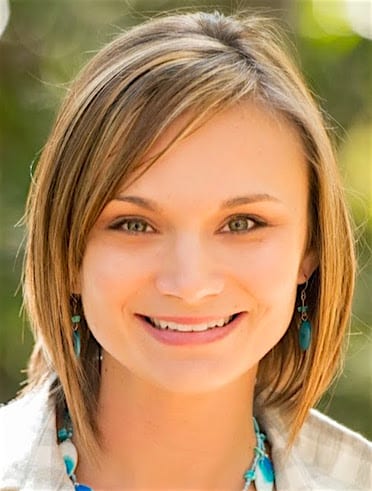 Sarah has been in the educational field for 15 years, 10 of which were in the classroom at the elementary level. Upon obtaining her Master’s Degree in 2014, Sarah pursued her passion for Educational Leadership and accepted the Coordinator for Student Placement Options position with the Bay District Schools in Panama City, Florida where she could share her passion for student success through social and emotional avenues. Viewing discipline as a learning experience that must be taught and focusing on positive relationship-building rather than punitive consequences, Sarah hopes to be a change-agent for this restorative discipline approach.
Sarah has been in the educational field for 15 years, 10 of which were in the classroom at the elementary level. Upon obtaining her Master’s Degree in 2014, Sarah pursued her passion for Educational Leadership and accepted the Coordinator for Student Placement Options position with the Bay District Schools in Panama City, Florida where she could share her passion for student success through social and emotional avenues. Viewing discipline as a learning experience that must be taught and focusing on positive relationship-building rather than punitive consequences, Sarah hopes to be a change-agent for this restorative discipline approach.
About Kara Mulkusky:
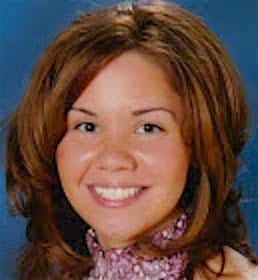 Kara is originally from Pennsylvania where she graduated from Bloomsburg University with a Bachelor’s of Science in Education with a dual major in Elementary Education and Special Education. She taught for 3 years in Clark County School District, Las Vegas, NV serving a middle school, special education, self-contained classroom for students with intellectual, emotional, and physical disabilities in grades 6-8.
Kara is originally from Pennsylvania where she graduated from Bloomsburg University with a Bachelor’s of Science in Education with a dual major in Elementary Education and Special Education. She taught for 3 years in Clark County School District, Las Vegas, NV serving a middle school, special education, self-contained classroom for students with intellectual, emotional, and physical disabilities in grades 6-8.
While teaching in Clark County, she earned her Master’s of Education in Special Education through the University of Las Vegas Nevada. She moved to Hampton, Virginia where she continued to teach special education for 3 years with Hampton City Schools. She taught students with emotional disabilities in grades 3rd-5th and also spent a year in an inclusion teaching role serving a kindergarten and first-grade classroom. During her time in Virginia, Kara earned her Education Specialist Degree in Educational Leadership and Administration from The George Washington University.
She moved to Panama City, Florida and taught one year with Bay District Schools. Continuing her career in education with Bay District Schools she served as Assistant Principal at a Title I Elementary School and eventually transitioned into her current role as the district administrator for MTSS Academics and Behavior.
You can follow Kara on Twitter.
AuthorDr. Berger is one of many industry education correspondents for the Mind Rocket Media Group, An educator and former school administrator. He often hosts education panel discussions and develops strategic content. As an academic Dr. Berger is a guest lecturer at Vanderbilt University’s Owen Graduate School of Management. A former assistant principal, he has been an adjunct undergraduate professor and developer of online college courses. He is a passionate Detroit sports fan who has also adopted Nashville sports teams as his own.
Contact the Mind Rocket Media Group if you are interested in an industry interview and a placement on EdCircuit.
Further Reading
- Psychology Today – 5 Steps To Help Kids Learn To Control Their Emotions
- PBS – Seven Tips for Practicing Positive Discipline
- HuffPost – Searching Deep for the Triggers that Challenge Student Success


